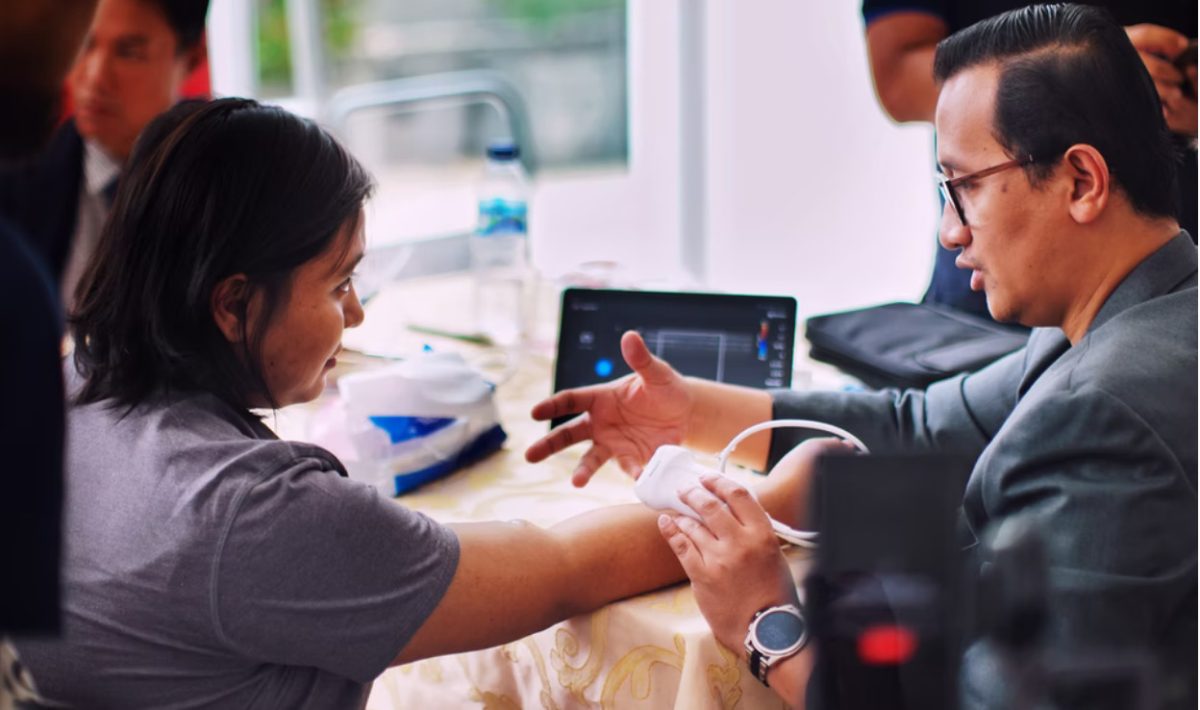Varicose veins and diabetes are completely separate conditions that are not a symptom or a cause of one another. It is important to acknowledge and distinguish this from the start because people often directly link them with each other.
Generally, both varicose veins and diabetes are just lumped or talked about together because diabetes is known to lead or aggravate different types of vascular disease. These vascular diseases often exhibit adverse effects such as hormonal imbalance and varicose veins; so it is no wonder why many people often mistake varicose veins as a symptom of diabetes.
In other words, diabetes can lead to vascular diseases which can then make you more prone to varicose veins. That being said, we have listed a few vascular complications often aggravated by diabetes. This way, you can keep an eye out for its symptoms as well as find ways on how to avoid them.
Peripheral artery disease
Diabetes is a major risk factor for this vascular disease. Peripheral artery disease or PAD is a condition of the blood vessels that result in the hardening and narrowing of your arteries that lead to your legs and feet. This can decrease your blood flow, which can stress and injure your nerves, tissues as well as make you more susceptible to varicose veins.
To minimize its risks, it is important to understand the pathophysiology of people who have diabetes and PAD. Some studies have shown that having diabetes increases the risk of PAD as well as accelerates its course or effect in your body.
A vein specialist in Phoenix suggests that light and low-impact exercise such as walking can help you minimize the effect or even prevent PAD in the first place. Walking helps regulate the blood flow in your legs which can then ultimately decrease your leg pain (one of its major symptoms).
With that said, people who suffer from PAD often visit a vascular surgeon or specialist. They do these regular checkups in order to keep the symptoms at bay and prevent serious complications in the future.
Atherosclerosis
Like PAD, atherosclerosis is also aggravated and linked to diabetes. This vascular complication arises when you have too much glucose in your blood.
Also known as the hardening of arteries, atherosclerosis is a disease in which plaque such as fat, cholesterol, calcium, and others builds up inside your arteries. Over time, these plaque build-ups can narrow the opening of your artery, decrease its elasticity, and even cause it to rupture. Because of this, having varicose veins can also be a risk factor for atherosclerotic disease. In fact, a study even found that middle-aged men with varicose veins seem to be at higher risk of atherosclerotic disease.
It is also worth noting that atherosclerosis is also an onset or early event in the development of other cardiovascular diseases. As time progresses and when left untreated, the plaque build-up may become lodged in your artery, making you more prone to heart attack or stroke.
With that said, looking out for the symptoms and risk factors can help prevent or delay atherosclerosis. As with any vascular condition, one of the best ways to combat these diseases is to adopt a better and healthier lifestyle. Taking measures like weight control, exercise, and healthy eating is just one of the many ways that you can maintain your vascular and overall health.
Some patients go the extra mile to fully commit and switch to a natural, healthier lifestyle. An expert and a certified naturopathic doctor in Scottsdale even stated that a holistic approach to medicine is far more superior and sustainable. So on top of conventional treatments and medicine, it is also important to find other natural treatments and look out for your overall health in the long run.
If you already know that you have atherosclerosis, then you can always ask your doctor about the steps and measures that you should take.
This way, it would be much easier to prevent symptoms and mitigate the risks of these diseases from early on. So you would not only prevent severe complications in the future, but you would also have a fit and healthier body.
Preventing Vascular Disease
In order to avoid these vascular diseases, we have listed a few self-care tips for people who are diagnosed with diabetes.
- Eat a healthy, balanced diet
This just goes without saying that even if you are not diagnosed with diabetes, you should reconsider your eating habits and start eating healthier. Doing this would significantly reduce the risk of developing diabetes in the first place.
- Exercise regularly for at least 30 minutes
Working out should not be that difficult. Oftentimes, a 30-minute exercise is enough to get you by the day. Ultimately, the key to a successful workout is consistency. Try to establish a workout routine that is simple, sustainable, and easy to maintain in the long run.
- Stop Smoking
Aside from the many adverse effects of smoking on your health, it also increases your risk of being diagnosed with diabetes. So if you already have diabetes, then it would be harder for you to manage its symptoms and mitigate its risks if you are still smoking at the same time
- Have an HbA1C goal and regularly track your blood sugar
Getting a hemoglobin A1c (HbA1c) test every now and then helps you track the amount of blood sugar attached to your hemoglobin. It helps you evaluate where your blood sugar level is at. This would help you better see where you should overcorrect or make some changes in your diet and exercise. It would also tell you whether your medication and diet are working or not.



